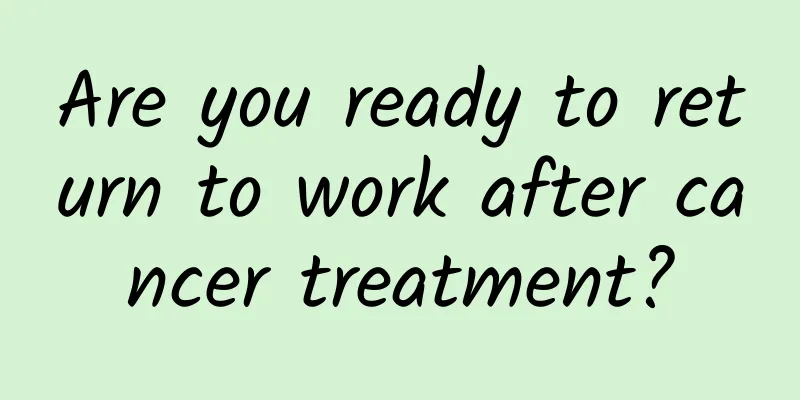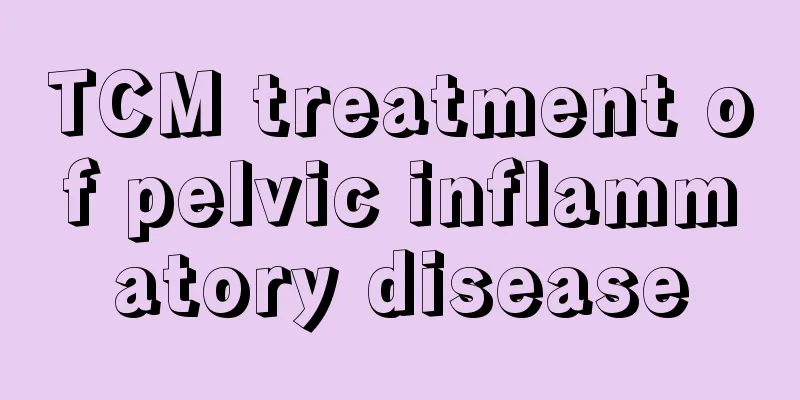For people with low folic acid levels in their bodies, supplementing 0.8 mg of folic acid daily may reduce the risk of malignant tumors caused by "stress"

|
"Cancer prevention and treatment, comprehensive action - all people, all life cycles, all society", April 15 to 21, 2023 is the 29th National Cancer Prevention and Treatment Publicity Week. The incidence and mortality of malignant tumors in China continue to rise, bringing a heavy burden to patients' families and society. Primary prevention with lifestyle intervention and risk factor prevention and control as the core is an important strategy to effectively reduce the risk of malignant tumor incidence and mortality. With the continuous progress of human society, the pace of society is getting faster and faster, and "stress" is inseparable from modern people. Studies have shown that psychological stress can increase the levels of catecholamines and cortisol in the body by activating the sympathetic nervous system and the hypothalamus-pituitary-adrenal axis, thereby inducing DNA damage; in addition, psychological stress may also affect DNA repair, induce cell transformation and tumor development. Insufficient folate levels are associated with DNA chain breaks, increased mutations, and abnormal methylation; at the same time, high homocysteine caused by low folate levels can also increase circulating cortisol levels. Therefore, we speculate that in people with insufficient folate levels, supplementing with an appropriate amount of folic acid may reduce the risk of malignant tumors caused by excessive psychological stress. Recently, "Precision Nutrition" published a large prospective study, which revealed for the first time the association between psychological stress, serum folate levels, folic acid supplementation and the risk of malignant tumors. The study showed that in hypertensive people with low serum folate levels, high psychological stress was associated with an increased risk of new malignant tumors, and daily supplementation of 0.8 mg of folic acid could significantly reduce this increased risk. Dr. Li Huan from the National Clinical Research Center for Kidney Diseases, Nanfang Hospital, Southern Medical University is the first author, and Professor Xu Xiping and Professor Qin Xianhui are the corresponding authors of the article. The study was a post hoc analysis based on the China Stroke Primary Prevention Trial (CSPPT), which included 20,688 adult hypertensive participants. CSPPT is a randomized, double-blind, controlled clinical study in which participants were randomly assigned to the enalapril group [daily taking 10 mg enalapril tablets] or the enalapril-folic acid group [daily taking enalapril-folic acid tablets containing 10 mg enalapril and 0.8 mg folic acid (single-tablet fixed combination preparation)]. Calcium antagonists and diuretics can be added if blood pressure control is poor. Each subject was assessed for psychological stress at baseline and divided into three groups: low, medium, and high psychological stress. After 4.5 years of intervention follow-up, the study showed that among participants with baseline serum folate levels less than 9.6 ng/mL and no folic acid supplementation (enalapril group), the risk of malignant tumors in the high psychological stress group was significantly increased by 2.8 times compared with the low and moderate psychological stress groups. Further analysis showed that in people with baseline serum folate levels less than 9.6 ng/mL and high psychological stress, the use of enalapril folic acid tablets (10 mg enalapril plus 0.8 mg folic acid) significantly reduced the risk of malignant tumors by 79% compared with the use of enalapril 10 mg alone daily. The article suggests that for people with high blood pressure who have low folate levels and are under great stress, supplementing with 0.8 mg of folic acid while actively reducing stress to maintain an appropriate folate level may be a simple and feasible health promotion strategy. However, further research is needed to confirm the findings of this article. References: Official website link: Citation format: Editor | Li Huan, He Pan, Xiang Hao Audit | Qin Xianhui Reprint: Please contact us and indicate the source |
<<: Feeling sleepy and tired in spring? Please check out this spring tea drinking guide
>>: Can eating more tomatoes help whiten your skin? Tomato: I can’t do that~
Recommend
Be careful not to let the pre-made menu turn into a hospital registration form!
Since when, people are no longer obsessed with fo...
What medicine should be kept at home? Families with elderly and children should keep it!
Many families are accustomed to preparing for a r...
What are the psychological characteristics of girls when they are in love?
Many people feel that girls are difficult to unde...
What to eat after miscarriage?
Miscarriage is a tragic event for any woman. It&#...
What medicine should pregnant women take for severe headaches
Many pregnant women will have headaches during pr...
How to prevent traffic accidents? What to do if a traffic accident occurs on the highway
As people's material living standards continu...
What causes pimples under the armpits of pregnant women?
If a pregnant woman has pimples under her armpits...
New study! Even if Helicobacter pylori is eradicated, the risk of gastric cancer still exists!
Gastric cancer, as one of the malignant tumors wi...
Why do nipples hurt during pregnancy?
Generally, in the middle and late stages of pregn...
What is the yellow-green watery discharge?
I believe everyone knows that yellow-green watery...
What are the effects of sterilization surgery on women?
Many women who do not want to have children anymo...
Why are women prone to sprains?
With the progress of the times, more and more wom...
Early symptoms of stretch marks
There are many early symptoms of stretch marks, w...
What is the reason for a foreign body in a woman's lower body?
The female vagina is a relatively sensitive area ...
What to do with peeling? Unlock new methods to treat peeling
After entering the autumn and winter seasons, due...









